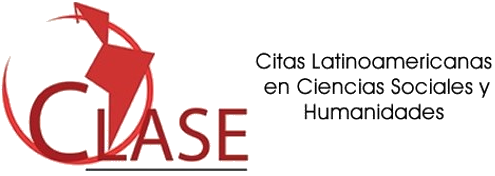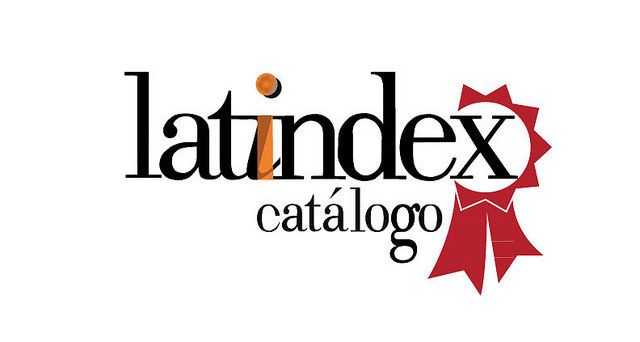Anthropological knowledge in times of "post-truth".
DOI:
https://doi.org/10.29340/en.v1n1.10Keywords:
"post-truth", news, AnthropologyAbstract
In my opinion, Gustavo's diagnosis of our situation is very timely. Perhaps the voices of professional anthropologists are a bit more prominent in the world of "expert knowledge" linked to multilateral and international organizations and to advisory committees of governmental and non-governmental organizations, but in general I think we have to accept what he says about the weakness of our current professional public profile and our apparent inability to produce analyses of the "great challenges" of our time that manage to attract the interest of the general public and gain political weight.
Downloads
References
Baraniuk, Chris (2016) “Google Responds on Skewed Holocaust Search Results”, http://www.bbc.co.uk/news/technology-38379453, acceso 20 de diciembre de 2016.
Davies, William (2016) “How Statistics Lost Their Power – And Why We Should Fear What Comes Next”, https://www.theguardian.com/politics/2017/jan/19/crisis-of-statistics-big-data-democracy, acceso 18 de enero de 2017.
easa (2015) ¿Por qué es importante la antropología?, http://www.easaonline.org/downloads/publications/policy/EASA%20policy%20paper_ES.pdf, acceso 12 de diciembre de 2016.
Fraser, Nancy (1995). “From Redistribution to Recognition? Dilemmas of Justice in a ‘Post-Socialist’ Age”. New Left Review 212: 68-93.
Gingrich, Andre (2010). “The German-Speaking Countries”, en Fredrik Barth, Andre Gingrich, Robert Parkin y Sydel Silverman, One Discipline, Four Ways: British, German, French, and American Anthropology. The Halle Lectures, pp. 61-153. Chicago: The University of Chicago Press.
Hale, Charles R. (2006). Más que un indio: Racial Ambivalence and Neoliberal Multiculturalism in Guatemala. Santa Fe: School of American Research Press.
Hart, Keith (2003). “British Social Anthropology’s Nationalist Project”. Anthropology Today 19(6): 1-2. DOI: https://doi.org/10.1111/j.0268-540X.2003.00227.x
— (2004). “What Anthropologists Really Do”. The Memory Bank, http://thememorybank.co.uk/papers/what-anthropologists-really-do/, acceso 12 de diciembre de 2016.
Helderman, Rosalind S. (2016) “Trump Agrees to $25 Million Settlement in Trump University fraud cases”, https://www.washingtonpost.com/politics/source-trump-nearing-settlement-in-trump-university-fraud-cases/2016/11/18/8dc047c0-ada0-11e6-a31b-4b6397e625d0_story.html?utm_term=.e8b22edfde08, acceso 15 de enero de 2017.
Ingold, Tim (2008). “Anthropology Is Not Ethnography”, Proceedings of the British Academy, 154: 69-92. Oxford: The British Academy/Oxford University Press. DOI: https://doi.org/10.5871/bacad/9780197264355.003.0003
Latour, Bruno (2004) “Why Has Critique Run Out of Steam? From Matters of Fact to Matters of Concern”, Critical inquiry 30(2): 225-248. DOI: https://doi.org/10.1086/421123
Mills, David (2002). “British Anthropology at the End of Empire: The Rise and Fall of the Colonial Social Science Research Council, 1944-1962”. Revue d’Histoire des Sciences Humaines 6(1): 161-88. DOI: https://doi.org/10.3917/rhsh.006.0161
Downloads
Published
Issue
Section
License
Copyright (c) 2018 Encartes Antropológicos

This work is licensed under a Creative Commons Attribution-NonCommercial 4.0 International License.
Aviso de derechos de autor
- Los autores/as conservan los derechos de autor y ceden a la revista el derecho a la primera publicación con el trabajo registrado con la licencia de atribución Creative Commons, que permite a terceros utilizar lo publicado siempre que mencionen la autoría del trabajo y a la primera publicación en esta revista
- Los autores/as pueden realizar otros acuerdos contractuales independientes y adicionales para la distribución no exclusiva de la versión del artículo publicado en esta revista (por ej. Incluirlo en un repositorio institucional o publicarlo en un libro) siempre que indiquen claramente que el trabajo se publicó por primera vez en esta revista.
El material puede ser copiado, distribuido, comunicado, ejecutado públicamente. Se pueden hacer obras derivadas de él. No se puede utilizar para fines comerciales. Se debe reconocer y citar la obra de la forma en que tú especifiques.










